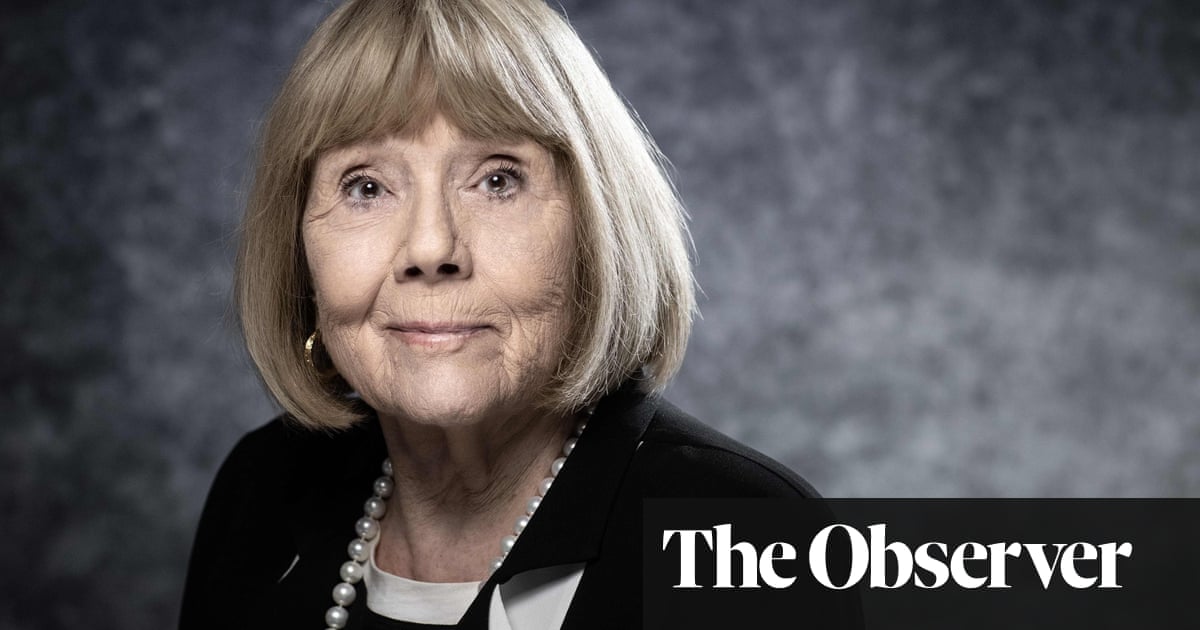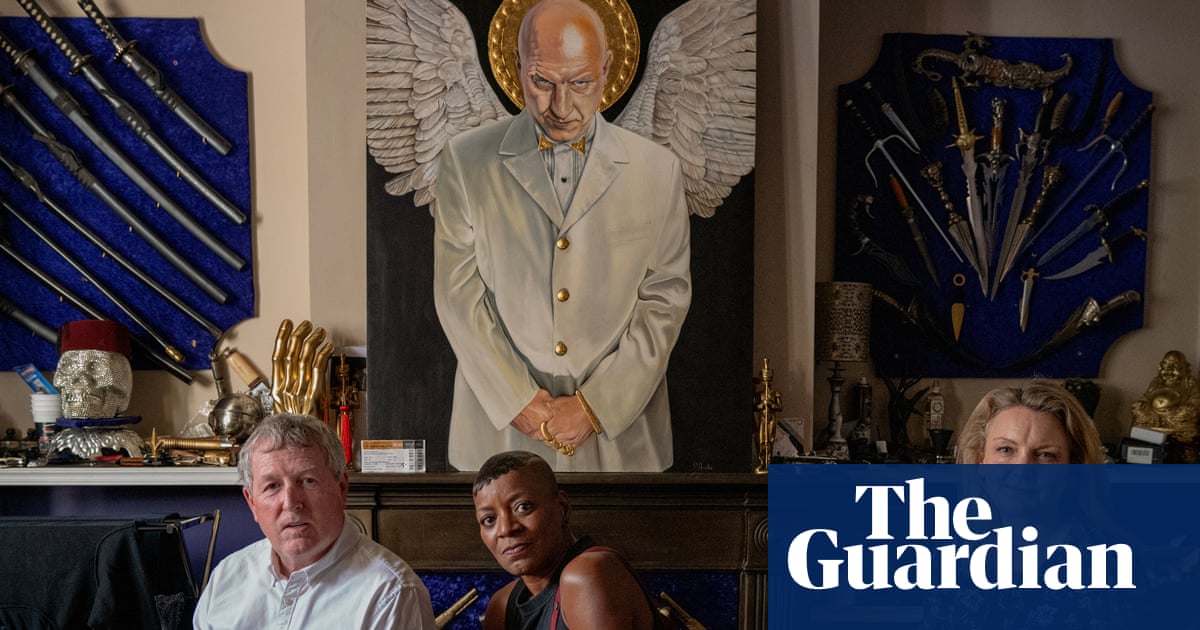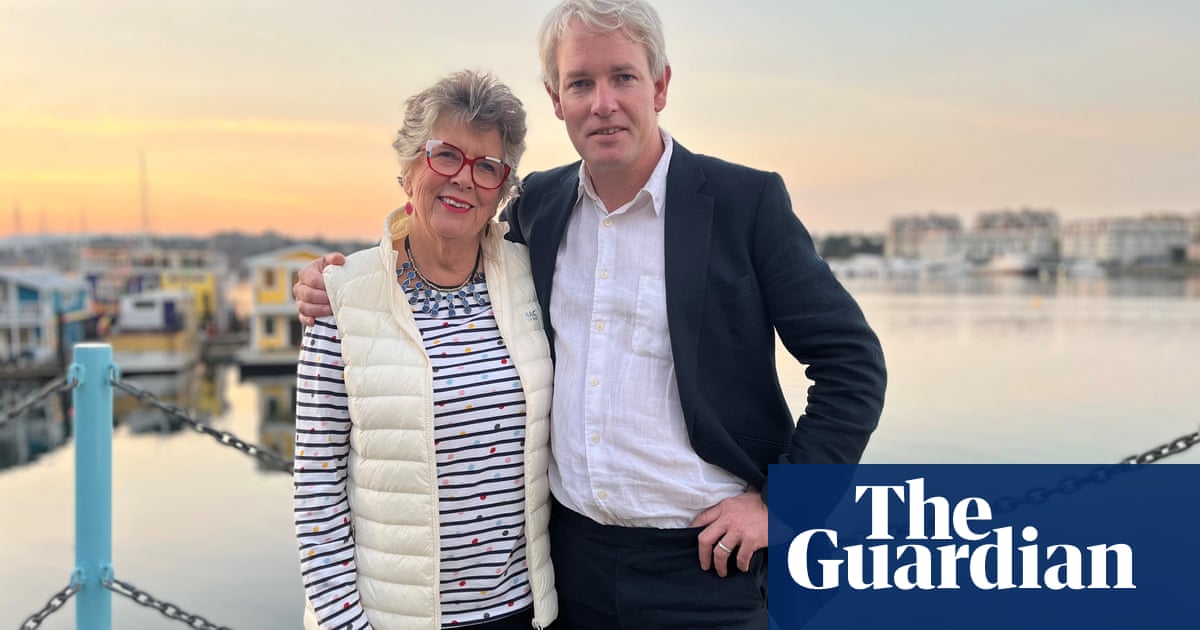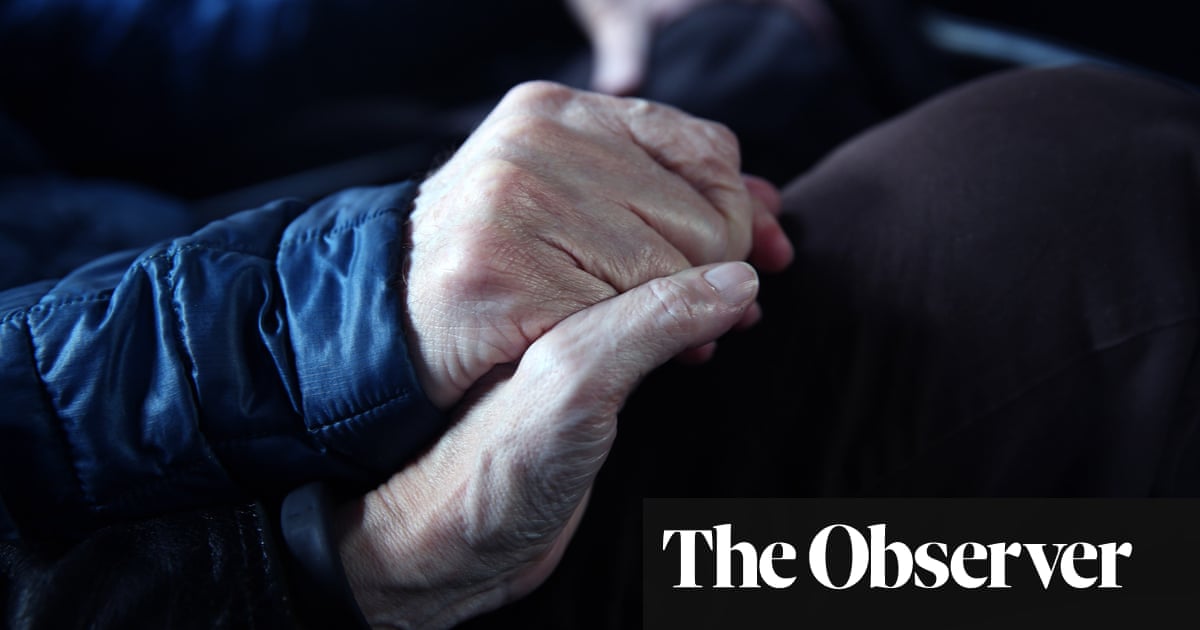
Diana Rigg made an impassioned case to legalise assisted dying in a message recorded shortly before her “truly awful” and “dehumanising” death from cancer three years ago.
The actor’s statement calling for a law that gives “human beings true agency over their own bodies at the end of life”, published today in the Observer, adds to the ongoing debate on assisted dying, with MPs expected to publish recommendations to the government within weeks.
It was released by her actor daughter, Rachael Stirling, who promised the star of The Avengers TV series and Game of Thrones that she would share the message with the public.
In the recording, Rigg says: “They don’t talk about how awful, how truly awful the details of this condition are, and the ignominy that is attached to it. Well, it’s high time they did. And it is high time there was some movement in the law to give choice to people in my position. This means giving human beings true agency over their own bodies at the end of life. This means giving human beings political autonomy over their own death.”
Rigg taped her statement on a cassette recorder given to her by her son-in-law, the musician Guy Garvey.
Vividly describing the last weeks of her illness, she says: “I have cancer, and it is everywhere, and I have been given six months to live. And I’m not frightened of describing the least attractive aspects of my condition: the fact of the matter is I have lost control of my bowels. This, to me, is quite the most dehumanising thing that can happen.
“Yet again we found ourselves in the bathroom this morning, my beloved daughter and I, half laughing and half crying, showering off together, and it was loving, and it was kind, but it shouldn’t happen. And if I could have beamed myself off this mortal coil at that moment, you bet I would’ve done it there and then.
“Any palliative nurse will tell you, in the end, patients often starve themselves as a means to an end. The body becomes weaker, the organs shut down. It’s not that they want to die that way. It’s how they take control.
“Nobody speaks about this.” They talk about the pain and the dread, she says, but not the awful details of the condition.
Currently, it is illegal in the UK for anyone to assist in another’s death.
Explaining why she is recording her views, Rigg – who was diagnosed with lung cancer in March 2020 and died, aged 82, that September – says: “I’ve always spoken out. I spoke out when I was very young, doing The Avengers, and learned I was earning less than the cameraman. I spoke for peace in Vietnam, in Northern Ireland. I marched for peace in Iraq. I stood up for what is right. I speak my mind. I always have.
“If I see something is unfair, I’ll do my best to address it. I think this is unfair. I think it is unfair that I don’t have a choice. I think it is unfair that other people don’t have a choice.”
Rigg is the latest high-profile figure whose views on the issue have become known. Prue Leith, the restaurateur and Great British Bake Off judge, has been a passionate advocate for assisted dying after watching her brother David die from bone cancer in 2012, when he “endured weeks of agony”.
Broadcaster Jonathan Dimbleby and his brother Nicholas, a sculptor who was diagnosed with motor neurone disease earlier this year, discussed their shared belief in the right to die on BBC Radio 4 recently.
According to an Ipsos Mori poll in July, 65% of people in the UK believe it should become legal for a doctor to assist an adult of sound mind with less than six months to live to voluntarily end their own life, subject to high court confirmation.
The issue is currently being scrutinised by a select committee of MPs, which has heard evidence from both sides of the debate. Its recommendations to the government are expected to be published in the new year.
The assisted dying organisation Dignitas, based in Switzerland, told the committee that it has helped 540 British people kill themselves over the past 20 years.
A private member’s bill on assisted dying in England and Wales was introduced into the House of Lords by Molly Meacher in May 2021 and passed its second reading, but failed to progress before the end of the parliamentary session. Assisted-dying laws are progressing in Scotland, the Isle of Man and Jersey.
Legislation that allows the choice for terminally ill, mentally competent adults is in place in Australia, New Zealand and 10 US states. Broader laws are in place in Switzerland, Spain, Austria, the Netherlands, Belgium, Luxembourg, Canada and Colombia. Campaigners against assisted dying warn that legalising the practice in the UK would increase the risk of coercion and elder abuse. In Canada, where the law recently changed, there have been reports of people being offered help to die if they do not have adequate access to social support and care.
Alistair Thompson, spokesperson for the Care Not Killing campaign group, believes that as more people hear about what is happening in other countries, the more danger they see in changing the law. “There’s been a slow, but growing, shift in public mood. People realise it’s the least well-off in society, the poorest, those who have no voice, who are much more likely to be pressured into ending their lives.
“Where there are people who are experiencing pain, we should be treating their pain. When someone’s feeling suicidal we should be supporting and helping them, not giving them the keys to the drugs cabinet.”
Sarah Wootton, the chief executive of Dignity in Dying, a charity that supports a change in the law, said: “The Canadian law is much, much broader than the one we’re calling for, which is the one in place in Australia, America and New Zealand. I think the most dangerous thing you can do is nothing. A blanket ban is far more dangerous than an upfront regulation of what’s going on, with transparency and scrutiny of the status quo.”
Some people’s suffering is beyond the reach of even good palliative care, she added, but it shouldn’t be “an either, or” – there should be more investment in palliative care as well as the legalisation of assisted dying.
“We need to make end-of-life care fit for the 21st century and that must include having the choice of accelerating what is to somebody an unbearable dying process. It’s a patient-powered movement that will force that change ultimately.”
Referencing high-profile supporters of the campaign, she said: “They’re giving a voice to the thousands of people up and down the country, from all walks of life, who are suffering. Even if people are fortunate enough to be able to pay the £15,000 to get to Switzerland, it’s just no substitute to dying at home surrounded by loved ones.”












